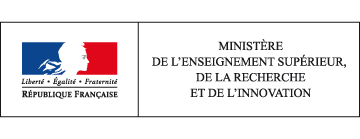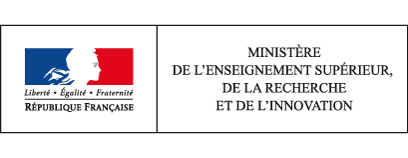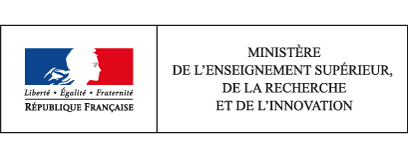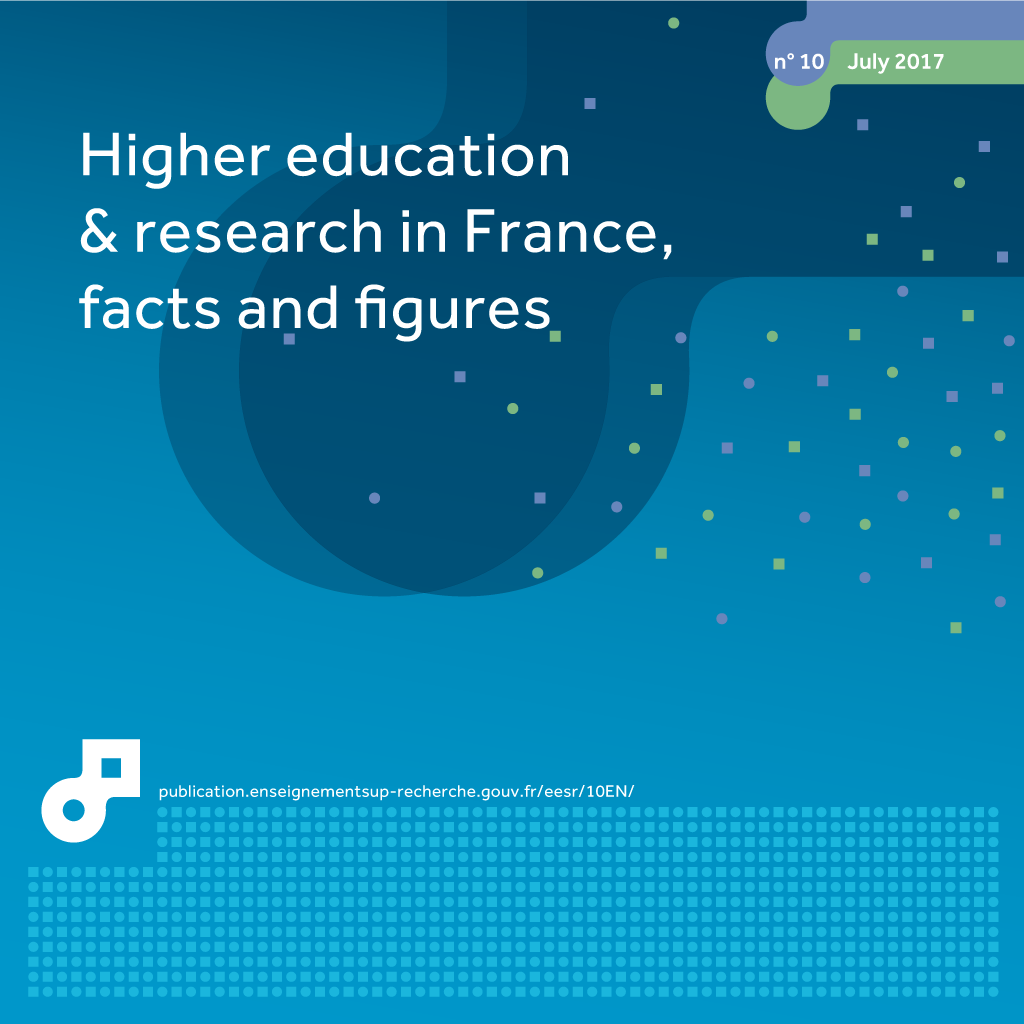OST from HCERES, special tabulations of Clarivate Analytics , Web of Science
Haut Conseil de l'évaluation de la recherche et de l'enseignement supérieur
Observatoire des Sciences et Techniques du HCERES - OST du HCRES
2 rue Albert Einstein, 75013 Paris
http://www.obs-ost.fr/
This source is used in these chapters:
In 2015, France showed a balanced profile in terms of fields of education which was nevertheless qualified by a major specialisation in mathematics. France stood out clearly from the United Kingdom and United States, which specialise more in Human and Social Sciences, and the Asian countries with a more divergent profile, as they are highly specialised in some fields of education and very little in others. [read more]
France was ranked seventh in terms of production of scientific publications in 2015. As for other high-income countries, its worldwide share (3.3% in 2015) has tended to fall since the emergence of new scientific powers, but the impact of its publications has increased. France has a high rate of international collaboration, in line with that of Germany and the United Kingdom. The European Union and the United States are its foremost scientific partners. [read more]
In 2015, nearly 75% of biomedical research publications were produced by the European Union, the United States and China. France, which is less specialised in biomedical research than the United States or some European countries, is ranked seventh with twenty thousand articles, i.e. 3.4% of worldwide publications. It is ranked eighth in terms of citations received, but has a higher impact index than the global average. [read more]



